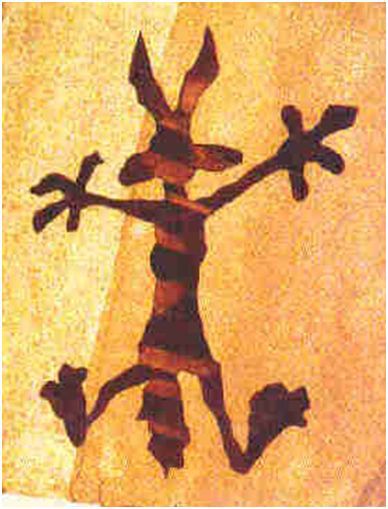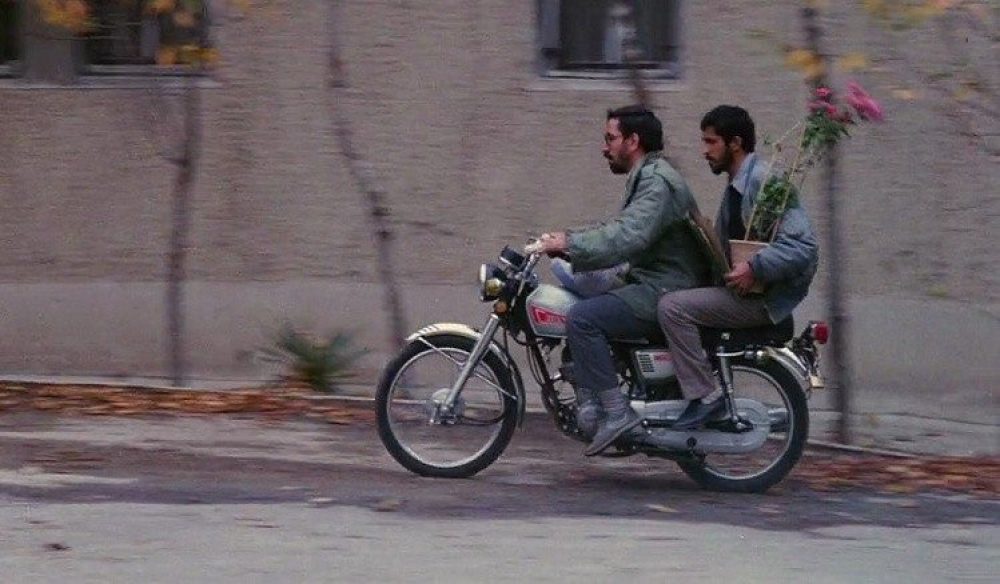Class,
Please make sure you read the brief and melancholy story of “The Little Black Fish” in Laura Secor’s magnificent Children of Paradise. We started the course with an abridged, almost fantastical history of the 1979 Revolution (Shah of Shahs), written in prose that regularly slipped into poetry. This week Secor helps us to raise the curtain on many if not most of the major themes and players that we’ll come across over the course of the semester, including Al-e Ahmad, Shariati, Motahhari, and of course the author of The Little Black Fish, Behrangi.
Monica Ringer’s concept of “the dilemma of modernity”
What happens when the impetus for change is also the source of desired knowledge? By the 19th century, Europe, and in particular Russia and England, posed existential threats to the continued existence of Iran as an independent, sovereign country. Reformers inside and outside of the Qajar monarchy sought solutions to Iranian weakness and decline by looking west, as it were, to the seemingly miraculous achievements of the Europeans in numerous realms of knowledge (the gaze was turned east as well, to India and especially Japan, but that is another story for another time). This effort to “become European while remaining Persian” raised the specter of the loss of the “true self,” what Monica Ringer describes as the “dilemma of modernity.” How might Iran import the fruits of European modernity without becoming European, or losing its authenticity? Does an authentic self exist? Can the technology and science of modernity (military, political, and natural) be segregated from modernity as a cultural and philosophical experience. Is it possible to have one without the other?
We’ll see that the response to the European threat came in the form of a negotiation, one in which the call to embrace Europe in all of its glory, completely, was met by admonitions that the good that foreign knowledge must be articulated into local practices and customs, in other words, made “native.”
Farzin Vahdat, God and Juggernaut
Our first cut at conceptualization raised a number of elemental questions: What does it mean to be modern? How useful is the term and concept, and what might constitute modernity’s alternative or antecedents?
This week we accelerate the interrogation, running through the proverbial wall, Wile E. Coyote style. Lots of German and French jargon, with twisting 10-dollar words thrown in for good measure, when a 5-cent phrase will do.
Please, do not freak out! You’ll have to sit with the words for a time, and if you see fit to study these theories beyond this class, the sitting will last for years. There’s no way around it, the learning takes time. That doesn’t mean that we can’t get the gist of what’s being argued by Hegel, Kant, or Foucault.
Vahdat lays out a series of oppositions in the opening of his book, and you may want to start thinking critically whether this approach leads to unnecessary and false binaries. Thus, he pairs modernity as a “good” and emancipatory force for liberation, unprecedented in human history, against its tendency to take on disciplinary and dominative form, made manifest in the pathologies of positivism, colonialism, oppression along racial, ethnic, economic, and gender lines.
He also pairs, in somewhat confusing fashion, “subjectivity” with “universalism,” which he fits together Power Ranger style and calls “universal subjectivity.”
We’ll take each of these pairings in turn during discussion on Monday. Don’t get bogged down in the verbiage of Vahdat’s sometimes clumsy presentation. His argument is actually straightforward: Everything begins with the recognition of human agency, with the movement away from the sacred to the profane, a movement that begins in Europe but then quickly spreads to the rest of the world as a global phenomenon. It’s impossible to overstate how unprecedented this transformation in the social, cultural, economic, and political lives of communities was, or how disruptive it was and remains throughout the world (see the reference to Marshall Berman/Karl Marx in Mirsepassi, “all that is solid melts into air”).
Agency implies no limits on the individual, yet it remains an open question whether absolute freedom and agency is possible outside of the presence of limits and boundaries. If that sounds like a paradox, then you’re on the right path…This tension is what Vahdat aims to capture, and it’s the dilemma that the early modernizing intellectuals of Iran will face in the 19th and early 20th centuries.
Please take note of the names and basic approaches of men like Malkum Khan and Afghani. I don’t expect you to memorize dates and full biographies, but these thinkers played an outsized role in the development of Iran, and were critical interlocutors between European modernity (or at least an imagined and simplified version of Europe) and Iran as it moved into the modern era.
Ali Mirsepassi, Negotiating Modernity
We’ll be bouncing between the two poles of Vahdat (God and Juggernaut) and Mirsepassi (Negotiating Modernity) this week and for the remainder of the term. Mirsepassi, as I’m sure you’ve noticed, delivers a much darker rendition of modernity than that found in God and Juggernaut. Whereas Vahdat holds out hope for a truly universal and perhaps limitless outcome, Mirsepassi goes to great lengths to historicize and ultimately castigate—if not straight up condemn—the project of modernity.
Mirsepassi frames the question of modernity differently than Vahdat, and he does so right away in the opening pages. Modernity is in its essence a matter of politics, totalizing and exclusionary, a question of power. The malign project of the Europeans against the rest of the world, whether the latter is treated as a foil in the form of a retrograde “other,” or as an object and site for the extraction of material resources, renders modernity false, a false prophecy. The domination of others is its original sin and Mirsepassi, by my reading, leaves unclear whether modernity and its European progenitors can ever be absolved.
Worst of all, Europe’s dominative impulse provokes a politics of authenticity in places like Asia and the Middle East, a defensive “return to self” that Mirsepassi sees as ultimately being self-defeating, if understandable. What is at stake here is whether modernity can be experienced as a local phenomenon or whether it remains, inherently, a project of western ambition and domination. Even the most radical and sympathetic of theorists come up short, pulled down by the weight of history and the internal logic of modernity. According to Mirsepassi, “this weakness [of modernity] is a historical one” (pg. 4).
For Mirsepassi, the troubled genealogy of modernity is inescapable, and perhaps insuperable. Modernity ascends as a liberating force in human history via the imposition of domination, colonialism, and racism, spread around the world by Europe and her merchants and armies.
There is no better passage that gets at this point than the one found on pg. 35. Here, Mirsepassi throws down the gauntlet: “Modernity was not a divine Spirit that ‘chose’ Europe. There was no Spirit secretly European in nature, using the world’s people in its ascent to the summit of subjective self-realization. The human world is not a tool box for manipulations by a single overarching Cosmic Consciousness, especially when that gigantic mask can be shattered to reveal the ordinary, self-interested men who stand behind it.”
We end by returning to the “so what?” Please consider how we might come to terms with origins. If what Mirsepassi claims is correct, what is left to us, we moderns? What hope do we have?
Ok, that’s enough for now. See you soon.
Professor Malekzadeh


